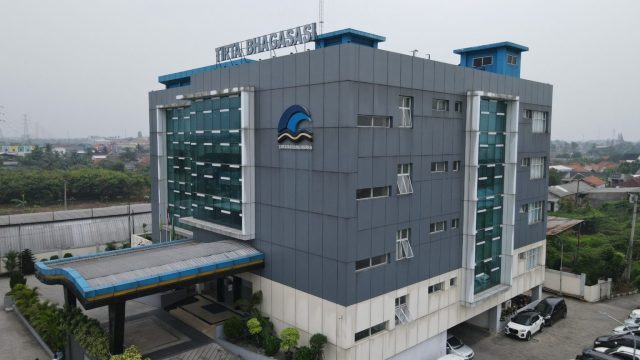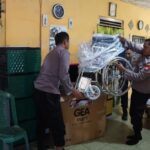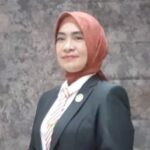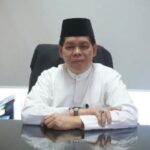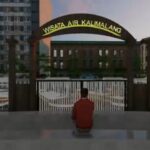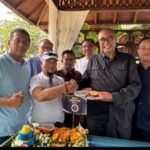CIKARANG – The important agenda scheduled for Thursday (17/7/2025), the Interview Test for Candidates of the Board of Directors and Supervisory Board of Tirta Bhagasasi Regional Public Company (TB), was canceled.
A Government Policy Observer revealed that although the cancellation was not publicly announced, it still carries legal consequences for the involved parties due to the organizer’s decision to cancel.
“In some cases, an unpublished cancellation may be considered unethical, especially if it involves public interest or adversely affects other parties,” they stated.
It is important to note that the public has the right to know the process. Even if the test is canceled, an unpublished cancellation is not always the best option. In many cases, a public announcement can help maintain transparency and accountability while preventing future misunderstandings or speculation.
Reportedly, the issuance of Announcement Letter No. 500/052/SU-Pansel-PerumdaTB/2025, signed by the Assistant for Economy and Development who also serves as the Head of the Selection Committee (Pansel), included a blue stamp marked “Selection Committee” in the center. The letter listed the candidates who passed and were set to participate in the Interview Test scheduled for Thursday (17/7/2025) at 1:00 PM WIB, at ITSB, Deltamas area, Central Cikarang.
The interview test for these candidates was supposed to be conducted by the Regent of Bekasi as the Representative of the Capital Owner (KPM) at the TB Regional Public Company.
However, the scheduled and officially announced interview test was canceled without any public cancellation notice issued by the organizer or the Selection Committee.
Tirta Bhagasasi Regional Public Company Office
The Tirta Bhagasasi Regional Public Company Office is a government-related facility in Indonesia, likely associated with water management or public services, given “Tirta” (meaning “water” in Sanskrit-derived Indonesian). While specific historical details are scarce, such offices typically oversee local infrastructure and utilities, reflecting regional administrative efforts to manage resources. Its name suggests ties to community welfare, possibly established to support clean water access or environmental sustainability in the region.
ITSB
There is limited widely known information about “ITSB” as a specific cultural or historical site. If you are referring to a particular institution, organization, or place (such as the **International Thespian Society Building** or **Institut Teknologi dan Sains Bandung**), please provide additional details for a more accurate summary. Alternatively, “ITSB” could be a typo or abbreviation for another well-known site—clarification would help in crafting a proper response.
Would you like to specify which ITSB you are asking about?
Deltamas area
The Deltamas area is a large-scale integrated development located near Jakarta, Indonesia, designed as a modern industrial, commercial, and residential hub. Developed by PT. Puradelta Lestari Tbk, it began construction in the early 2010s and is part of Indonesia’s efforts to decentralize economic growth beyond Jakarta. The area includes industrial estates, logistics centers, and planned residential communities, aiming to support regional economic expansion and infrastructure development.
Central Cikarang
Central Cikarang is an industrial and business hub located in Bekasi Regency, West Java, Indonesia. Developed as part of the Jababeka industrial estate, it became a key economic zone in the 1990s, attracting multinational companies due to its strategic location near Jakarta. Today, it features industrial parks, residential areas, and commercial facilities, playing a vital role in Indonesia’s manufacturing and export sectors.
Bekasi
Bekasi is a city in West Java, Indonesia, located on the eastern border of Jakarta. Historically, it was part of the Sunda Kingdom and later the Dutch colonial empire, becoming an important industrial and residential area in modern times. Today, Bekasi is known for its rapid urbanization, bustling economy, and cultural diversity, blending traditional Sundanese influences with contemporary urban life.

